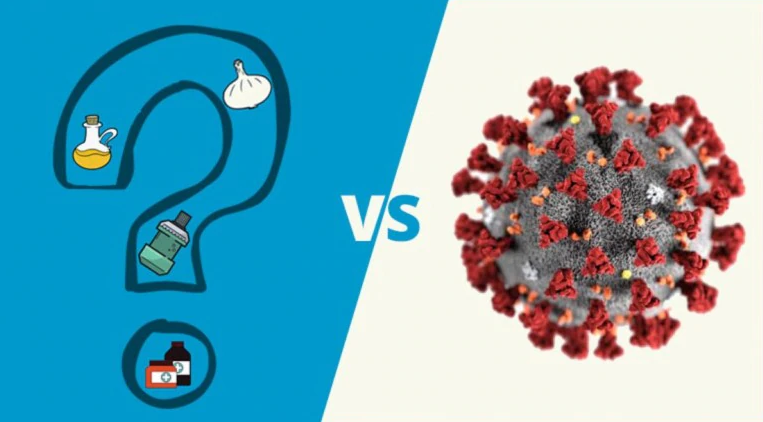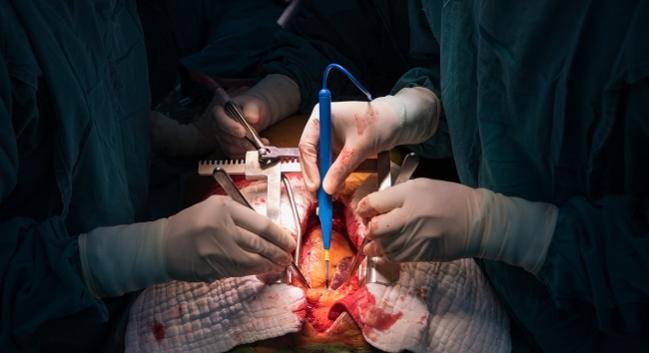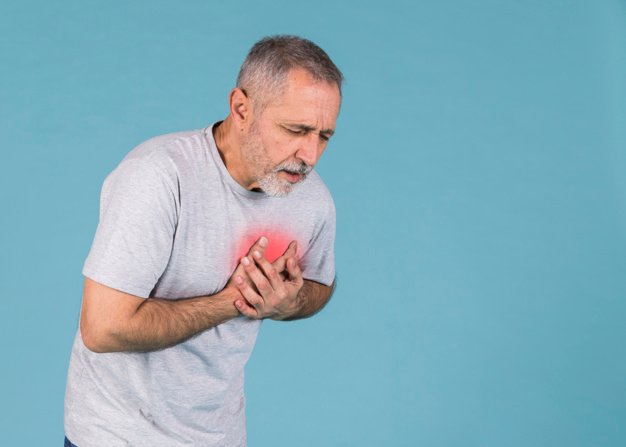
Healthy Heart, 7 Tips to Keep it always at its Best
Engaging in moderate physical activity, at least three hours per week, is essential for maintaining good heart health and reducing the risk of suffering from coronary heart disease. The heart is the most important muscle in the body and we often don’t give it the care it deserves, at least until something no longer works as it should.
Heart disease is a leading cause of death around the world. To avoid these health problems, we recommend that you keep your heart healthy. But how is it done? We explain it to you in this article.
Tips for a healthier heart
The healthy habits are essential to live better and longer. Reducing the risk of suffering from heart disease is simple, but it depends on the effort we are ready to make and how much we want to change our daily life. The little things of everyday life can make the difference between having a healthy heart and suffering from heart disease.
In addition to those factors that we cannot change (gender, age, genetic inheritance, etc.), it is worth making the effort and leading a healthier life to take care of this important muscle. So, pay attention to our tips today.
Always Adopt a balanced diet
It is not a question of abandoning flour, fried foods or sugars forever, or of starting a vegetarian diet, but simply of combining well the foods we eat. The abuse of saturated fats and industrially produced foods must be avoided, as the amount consumed of these products is directly proportional to the risk of suffering from heart problems.
- It is also very important to pay attention to the consumption of salt, red meat and pastry products.
- Also, adding more fruits and vegetables to your diet will allow you not only to have a healthier heart, but also to improve the functions of all other organs.
- Legumes, nuts and whole meal flour must also be present in your dishes.
Do Exercise Regularly
A sedentary lifestyle is one of the main risk factors for coronary heart disease. Sport, on the other hand, is full of benefits, including weight loss, the prevention of arteriosclerosis and the reduction of cholesterol and blood sugar levels.
For adults, it is recommended that you do at least 150 minutes of moderate physical activity per week (or 75 minutes of strenuous exercise) to maintain a healthy heart. The ideal sports are aerobic ones: walking fast, cycling, swimming or running.
Eat healthy Food and Snaks
Whether you are at home or in the office, try to change the habits that drive you to choose unhealthy snacks between meals. In the middle of the morning, instead of choosing a latte with a croissant, eat a yogurt with cereals or a fruit.
- When you get home from work, choose sunflower seeds or almonds instead of lying on the sofa with a packet of chips.
- Healthy snacks don’t have to be boring or bland.
- How about some stick carrots with hummus or aborigine cream? Or a sandwich with whole meal bread, avocado and lean turkey? There are thousands of options to choose from!
Reduce Stress
Obviously there is a very close relationship between nervousness and anxiety and heart problems. Some people are more likely to suffer from stress or get overwhelmed by negative thoughts. If you are one of these people, you urgently need some relaxation techniques. You can try yoga, meditation or even therapy.
Avoid smoking and alcohol
Tobacco contains many dangerous substances which, in addition to being a major cause of lung or esophageal cancer, also have a harmful effect on the heart, veins and arteries. Cigarette smoking increases the chance of thrombosis and reduces blood flow. You also need to be careful if you don’t smoke, because you run the same risks when someone close to you has this habit.
As for the consumption of alcohol, it must be emphasized that a glass of red wine a day is not bad; indeed it is excellent for health.
Other alcoholic beverages, however, especially if consumed in excess, because serious heart problems. The appearance of cardiovascular disease is closely linked to excessive alcohol consumption.
Maintain your ideal weight
Problems of obesity and being overweight are also linked to various heart problems. Body mass index is a fact that can help you figure out exactly how many pounds or inches you need to lose (although it’s not the only useful method).
- Losing 10% of your body weight is enough to regulate blood pressure and improve arterial health.
- Knowing what our ideal size or weight is does not have to be a reason for obsession and weight loss at any cost.
- Reducing the quantities little by little is much healthier than starting a “miracle” diet that promises to lose 10 kilos in a week. You don’t even have to stop eating to reach your goal, because you will only go hungry.
Get enough sleep
How much would “enough” be? It depends on each of us, but a young adult is estimated to need between 6 and 8 hours of sleep a night. Adopting the right sleep habits is good for your heart, as it reduces the risk of suffering from rapid heartbeat or heart attacks.
If we sleep only a few hours, our body is unable to produce the necessary amount of serotonin, which takes care of making us feel good and helps to have a healthy heart. If the body does not get the right dose of this hormone, it can trigger a greater desire to eat and drink.








